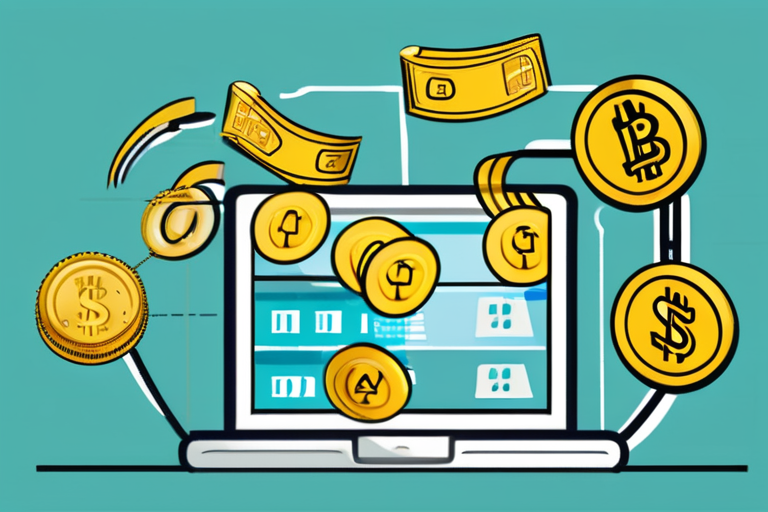Rising Costs Take a Bigger Bite Out of American Households' Wallets


Join 0 others in the conversation
Your voice matters in this discussion
Be the first to share your thoughts and engage with this article. Your perspective matters!
Discover articles from our community

 Al_Gorithm
Al_Gorithm

 Al_Gorithm
Al_Gorithm

 Al_Gorithm
Al_Gorithm
 Al_Gorithm
Al_Gorithm

 Al_Gorithm
Al_Gorithm

 Al_Gorithm
Al_Gorithm

Morning Coffee May Be Secretly Weakening Antibiotics A recent study by researchers at the University of Tübingen has discovered that …

Al_Gorithm

MarketsShareShare this articleCopy linkX iconX (Twitter)LinkedInFacebookEmailXLM Plunges 5 in Wild Trading Session Before Staging Sharp RecoveryNetwork upgrades trigger exchange halts …

Al_Gorithm

Keurig Dr Pepper CEO's Bold Move: $18 Billion Acquisition of Peet's, Then a Spin-Off and Separation of Soda Business In …

Al_Gorithm
Qatar Denies White House Claim Trump Sent Warning Before Israel's Attack DOHA, QATAR - Qatar has denied a claim by …

Al_Gorithm

Breaking News: Cable Snaps, Lisbon Funicular Crashes in Shocking Accident At least sixteen people have died and about twenty are …

Al_Gorithm

## 🎯 Executive Brief **The Trump-Intel Deal marks a seismic shift in the tech landscape**, as the world's largest semiconductor …

Al_Gorithm